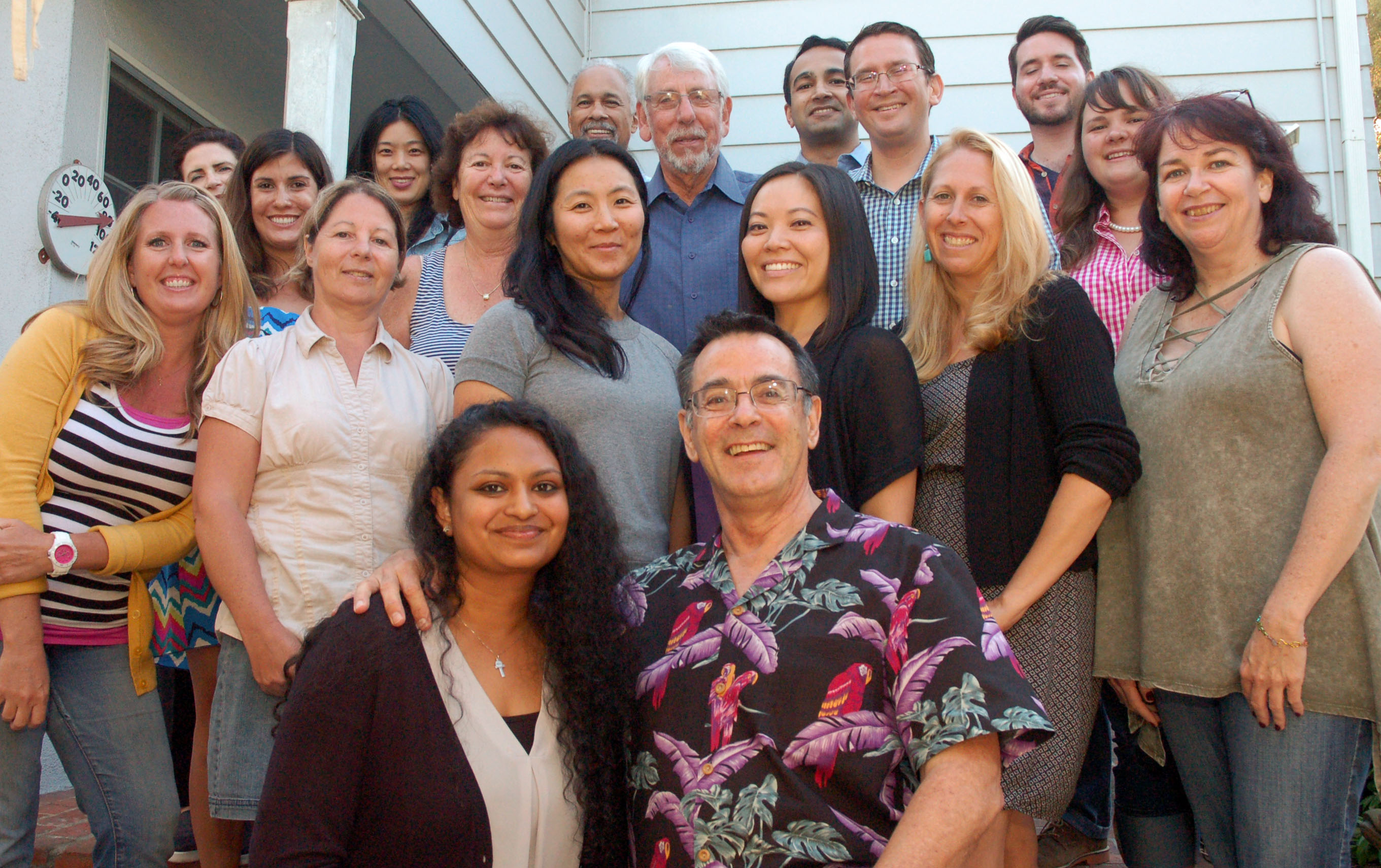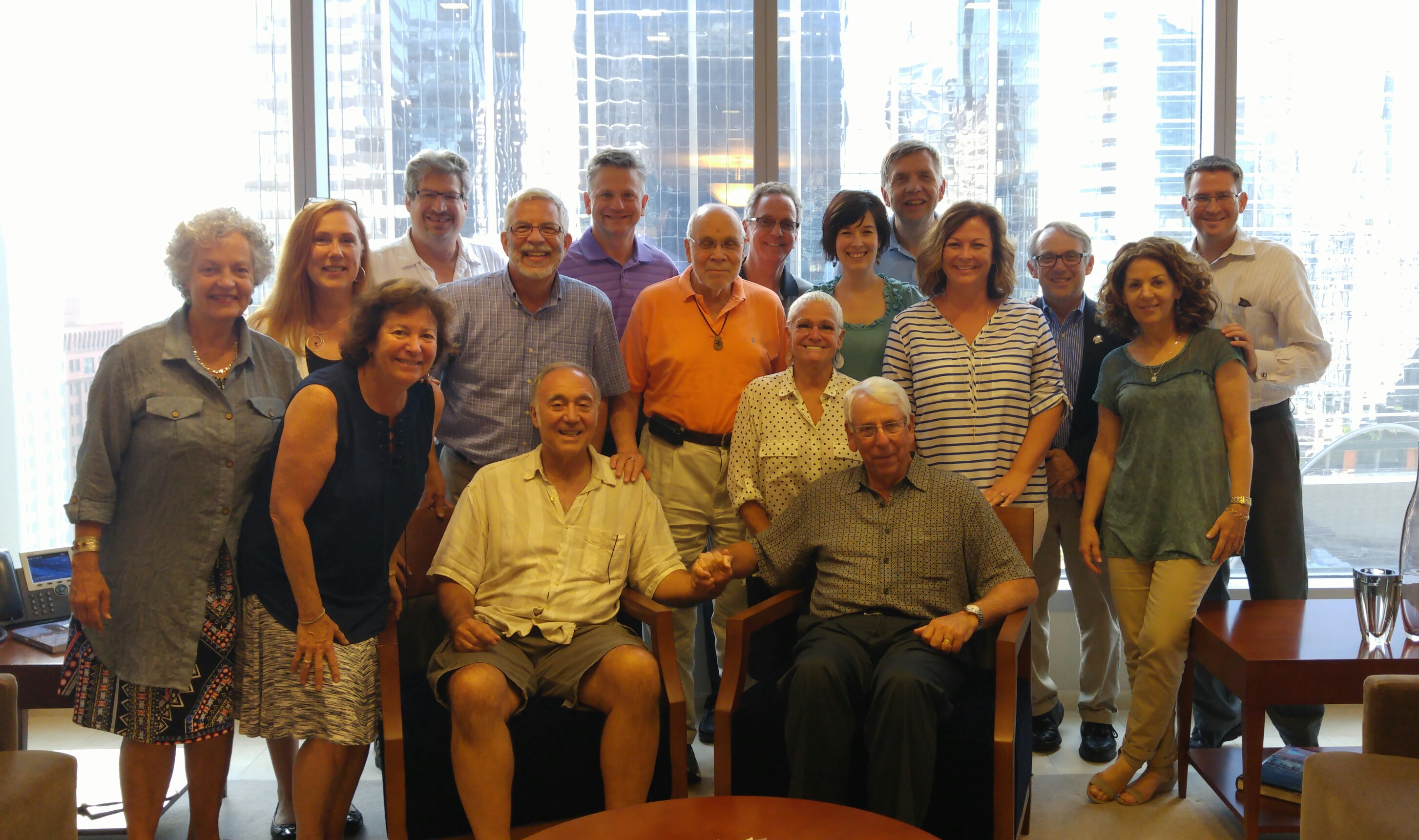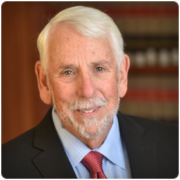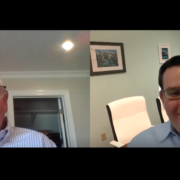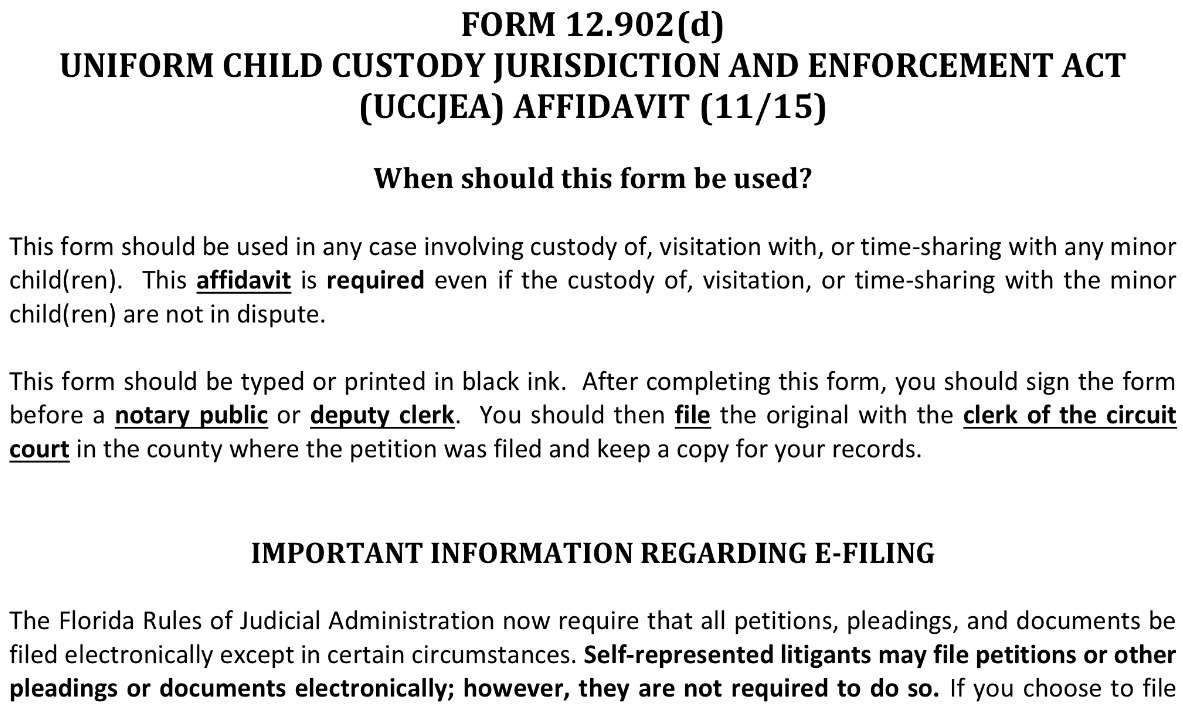1996: Woody Mosten on the Future of Family Law
On September 6-7, 1996, the Creative Lawyers Meeting convened. The meeting was attended by Lowell Halverson; Stu Webb (founder of collaborative practice); Forrest (Woody) Mosten (founder of Unbundled Legal Services and author of various books on mediation and collaborative practice); Jody Mosten; Bill Howe; Ed Sherman; Cheryl Woodard; Susan Cameron; Ed Cameron; Carol Farr; Peggy Williams; and Hillis Williams.
During this meeting, Woody discussed his view of the future of family law. Below is a transcript of the notes describing Woody’s vision, lightly edited for clarity:
Woody has just finished his book. This is not a mediation book. Gary’s book is more interesting for case studies and Hayes’ book in 1994 is a terrific primer. Woody’s book is more along the lines of recognizing that lawyers are the power centers and is really a call to arms for 21st century law.
The book looks at societal pressures on family law practice and then is oriented toward a mediation, collaborative type lawyer and shows how to help client and the lawyer make more money. Giving lawyers the tools to practice, describing the kinds of mediation out there. Lawyer mediators, therapy mediators, and all types of mediation themes. Not just something a lawyer needs to do but i snow required because the emerging duty to advise clients of the non-litigation option. Lawyer as dispute resolution manager.
The second part of the book includes how to determine whether a mediator is competent, education programs, and the internet. It discusses how to draft materials – both court and non-court stuff – and how to do preventative law.
The last 3 chapters deal with future practices. This included mediation unbundling. The last chapter provided his view of the future. It too Oregon and Maricopa as two systems that were blown up and started from fresh.
Looking at the future starts on page 581-582. It discusses how there is a symbiosis between court revolution and practice revolution. Maricopa represents the court revolution and Oregon represents the practitioner’s revolution, and each should be influencing the other. We must go beyond our own universes. The rest of coming reforms require an integration of both courts and law offices. Both courts and law offices must be consumer-friendly, not lawyer-centric. Lawyers don’t need suits but wear them as uniforms. They have their conference rooms and libraries and courtrooms. The law is about getting paid, keeping control, and then everything else.
Courts and law offices have to change the emphasis and become user-friendly. This is not obvious to lawyers or courts. Any new development in courts and offices should be subject to client and settlement impact development statements. When training staff, selecting products, developing incentives for clients, etc., attorneys should begin looking at client impact.
Are judges and staff given incentives to settle cases? Do lawyers have client-friendly settlement environments at the courthouse: not sitting on a bench outside the hall, but with round tables in a carpeted area? See In Search of Excellence. Are there shared values throughout the hierarchy? What are the first priorities: collecting receivables or educating clients? Courts and law offices should be institutions for educating clients. If yo want people to make good choices, they must have information. No Time Magazine in the waiting room; instead, there should be informational brochures, videos, etc. in the office. State bars should be giving lawyers continuing legal education credits for setting up client libraries. Client libraries should include films to help clients.
The next area is the role of the lawyer and the law office. As a courthouse is a multi-door decision-making center, so should lawyers be the manager of the dispute resolution process and not just a litigator barrister. Family lawyer who claim to counsel their clients are doing so in a very unsophisticated method. Brian Burke’s model should be integrated into what lawyers do.
Consider the lawyer as coach rather than as service provider. Clients should have the option to have a lawyer as a coach. We need reforms to make unbundling (limited representation) services work. Legal access should be a top public policy. State bars should issue statements that lawyers should coach and provide services to clients who otherwise would not have attorneys. There should be fewer hurdles. If the policy is to encourage the kind of coaching that Divorce Life Line provides, then there is a need to give attorneys who provide such coaching immunity. We should allow clients to be the manager of their own legal needs.
There are barriers to this vision, including barriers with many states’ Rules of Professional Conduct. In California, it is unethical to coach when the other side is represented. Also, lawyers are held to perfect standards, like a perfect baby. The rules say that “CYA” letters are not enough, but that people should have the right to be stupid and self-destructive without allocating that burden to lawyers.
We lawyers need a new view. Oregon has done it in setting the role of lawyers as preventative care providers, not just as professionals who put a tourniquet on the bleeding. Lawyers should not just close the file once the case is done. We should send an annual letter to see how the client is doing. We should do a general checkup and seed if there are changes in circumstances that might require a change in support, parenting, or that may need to address new step families issues. Lawyers should offer a regular follow up. Perhaps they should even send former clients a letter on the latest developments in the law. Lawyers should even just send a message to the former client asking, “What is going on?” Lawyers may even want to add an entry point on their calendar at the end of every case to reach out to the client in the future. If there are items in a marital settlement agreement, such as that a house needs to be sold in three years, attorneys should put an entry in their calendar to reach out to the client. Attorneys may even want to add calendar entries for clients to ask them whether child support calculations should be reviewed.
Forrest (Woody) Mosten is widely considered the father of unbundled legal services, and he has been a leading voice for decades in mediation and collaborative family law.
I am proud to have worked with Woody over the past 3 years on an American Bar Association Book that will be published in late August: Building A Successful Collaborative Family Law Practice.

